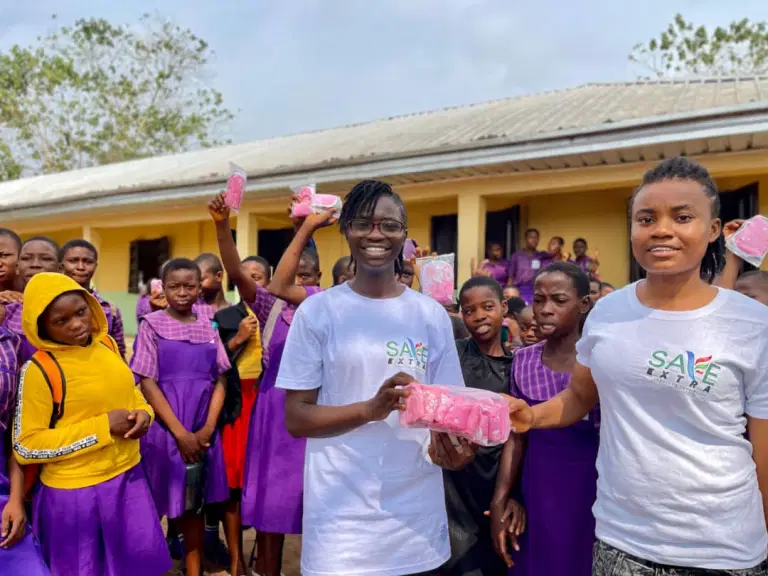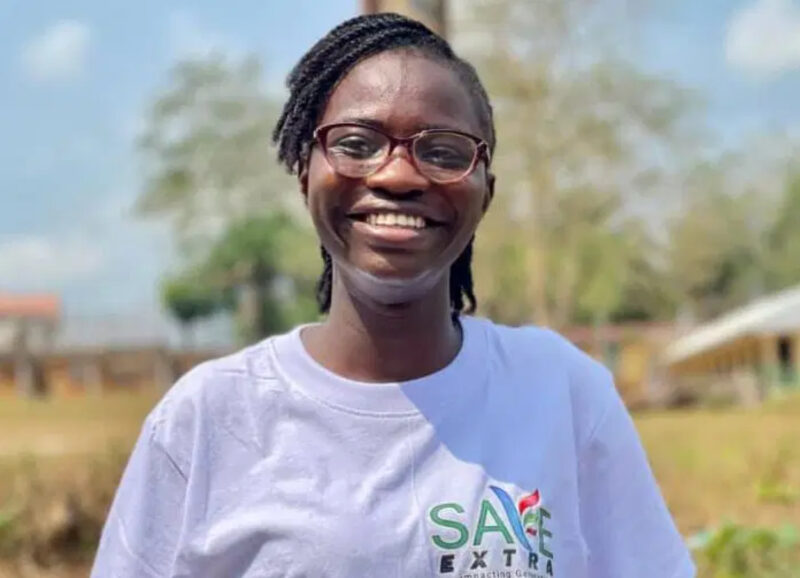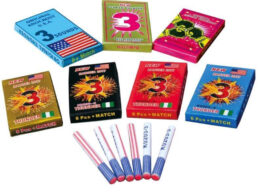UMUAHIA – Local Biochemistry Graduate Innovates Reusable Sanitary Pads from Banana Trunks
A recent graduate of Michael Okpara University of Agriculture Umudike, Miss Joy Mamkwe, has shared her inspiring journey of creating a locally-made reusable sanitary pad, driven by her passion for research. The inventor, who hails from Bende Local Government Area in Abia State, discussed her groundbreaking project in an exclusive interview with Vanguard.
Miss Mamkwe explained that her innovative product utilizes raw materials derived from banana trunks, which are abundant in Southern Nigeria, particularly in her home state of Abia. “Nigeria is the largest producer of bananas in West Africa, but the trunks often go to waste. I discovered that these could be transformed into valuable products, such as reusable sanitary pads,” she stated.
Her quest began in 2022 while she was still in her final academic year. Initially focused on renewable energy, she pivoted her research toward utilizing waste materials. “By extracting banana trunks, I have been able to develop reusable sanitary pads. Since then, I have been engaged in research and project development,” she added. Following her graduation and the completion of her National Youth Service Corps (NYSC) in 2024, she embarked on small-scale production of the pads.

Addressing concerns about hygiene, Miss Mamkwe assured that the raw materials are meticulously sterilized in a clean environment to guarantee safety. “We adhere to stringent hygiene protocols during production. After extracting fibers from the banana trunks, we perform thorough sterilization, which includes cooking and a final UV-light treatment,” she explained.
Miss Mamkwe is currently in the process of obtaining certification from the National Agency for Food and Drug Administration and Control (NAFDAC). “I recently visited NAFDAC for registration, and they provided a list of conditions we need to meet, including establishing a proper production facility,” she said.
Although she is on the brink of securing NAFDAC certification, Miss Mamkwe highlighted her challenge in obtaining financial backing for a five-room factory, which NAFDAC requires for registration. Currently producing on campus, she is seeking to rent a separate facility and believes that an investment of approximately N1.5 million would enable her to acquire more machinery and improve production.
Despite an investor expressing interest in her work, she remains cautious about their terms. “I was approached by an investor who wanted to become a co-founder, but my mentor advised me to avoid such arrangements, suggesting I should rather secure equity without relinquishing co-founder status,” she mentioned.
In addition to seeking funding, Miss Mamkwe has begun receiving orders from organizations interested in her products, which are both cost-effective and of high quality. “We are getting requests from groups that intend to distribute the pads for free to students. However, additional funds are essential to scale up operations and meet demand,” she noted.
Her target market includes low-income earners, where affordability is a central concern. “Many students, rural girls, and peasant farmers simply cannot afford traditional sanitary pads due to their high costs. My product serves as a critical solution for them,” she concluded.










Join our Channel...